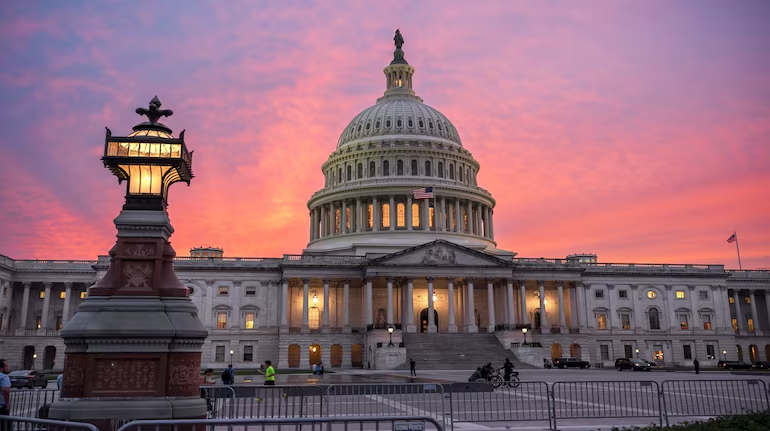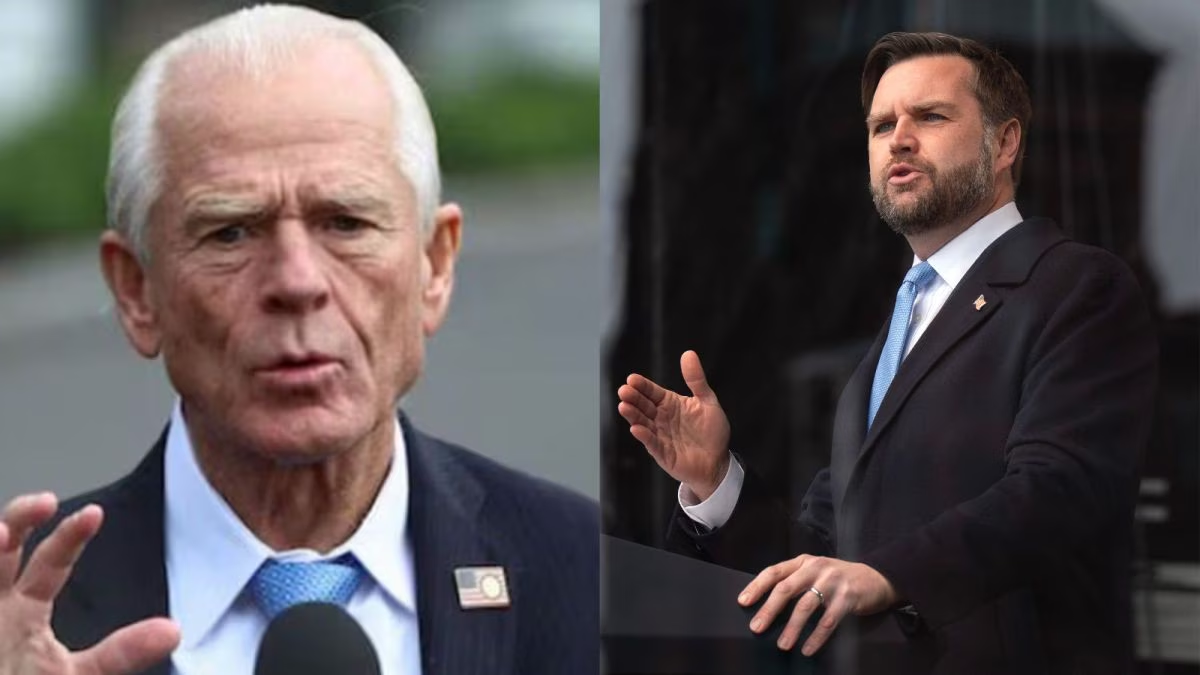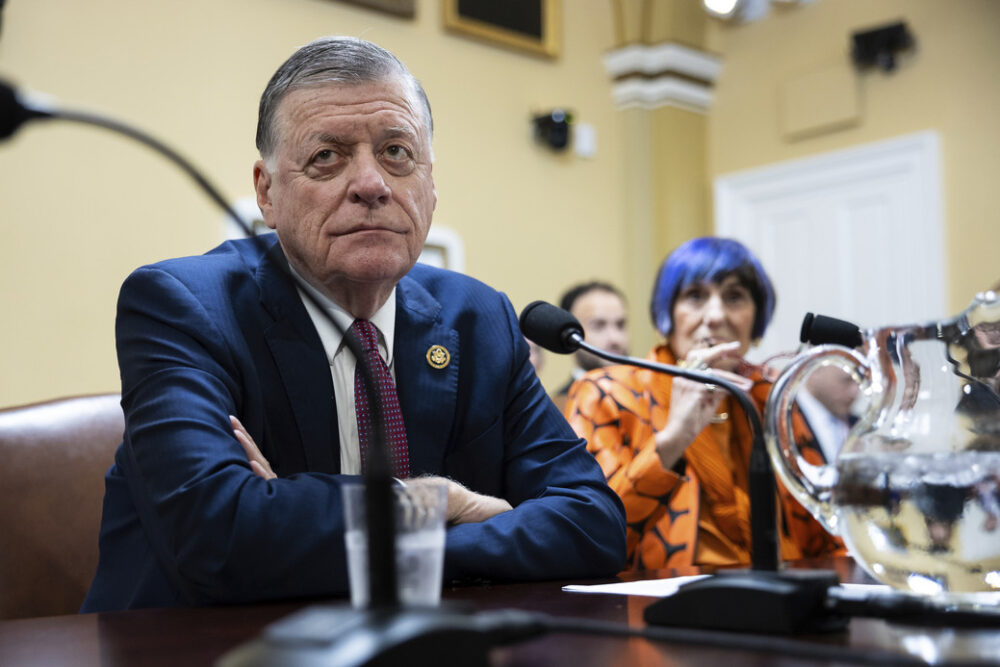As of October 2025, the United States’ national debt has exceeded $38 trillion, marking the fastest accumulation of $1 trillion in history outside of the COVID-19 pandemic. This significant increase highlights the accelerating fiscal challenges facing the nation.
The rapid rise in debt is attributed to a combination of factors, including increased government spending and rising interest rates. Treasury Secretary Scott Bessent has emphasized the need for immediate action to address the growing debt and its potential impact on the economy.
In response to these concerns, President Donald Trump has called for a comprehensive review of federal spending and has proposed measures aimed at reducing the deficit. However, political gridlock in Congress has hindered progress on these initiatives, leading to a federal government shutdown.
Economists warn that continued inaction could lead to higher borrowing costs, reduced investment in infrastructure and public services, and increased financial instability. The situation underscores the urgent need for bipartisan cooperation to develop sustainable fiscal policies.















